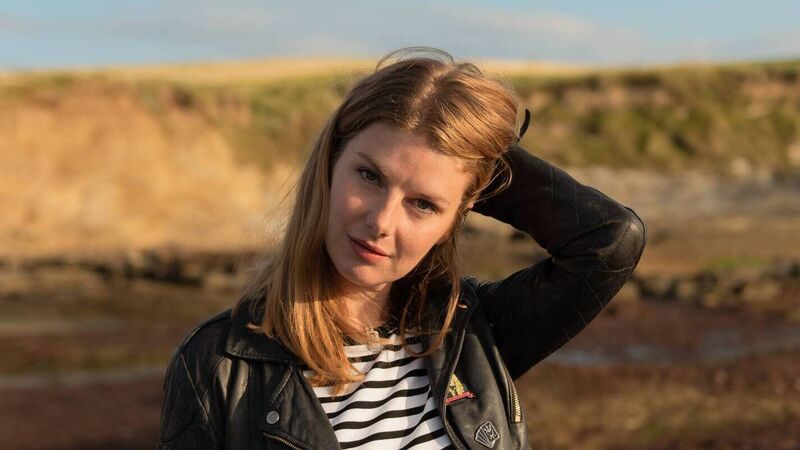Caroline O'Donoghue: Let's talk about hormones

'Trans people need us to see them clearly.'
When I was 16, following complaints of severe menstrual cramps and acne, my mother took me to our family GP who prescribed me the contraceptive pill. It’s a pretty common practice for teenage girls who are being punished too harshly by their periods, and many girls in my class at school were prescribed the same thing.






